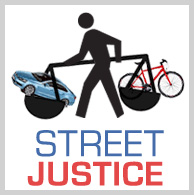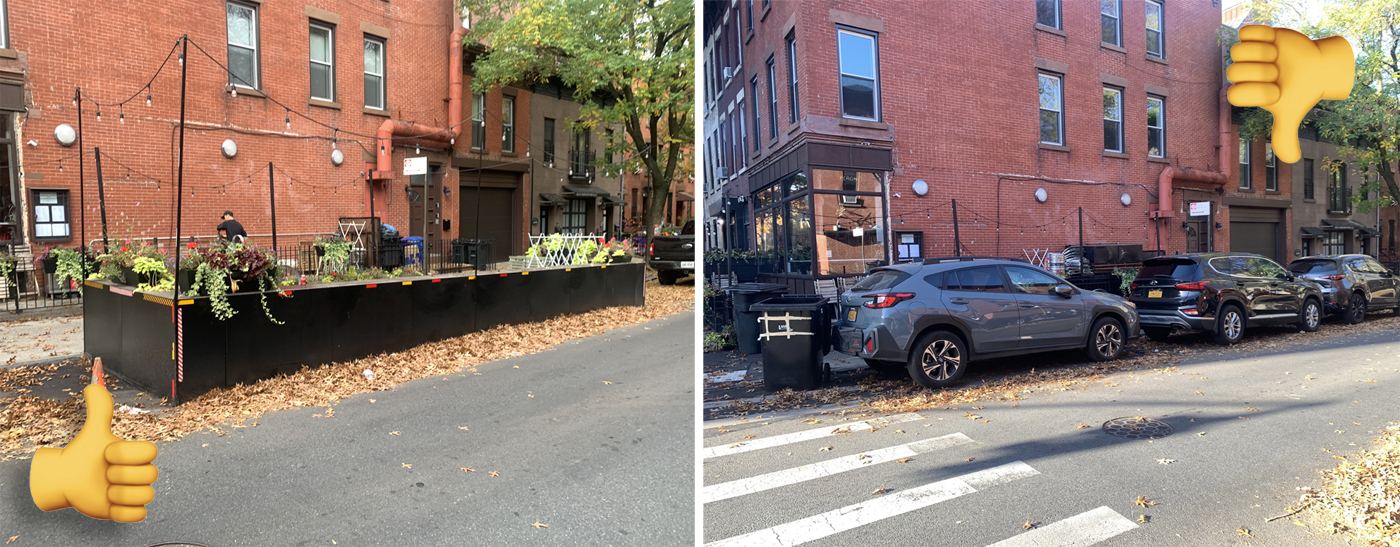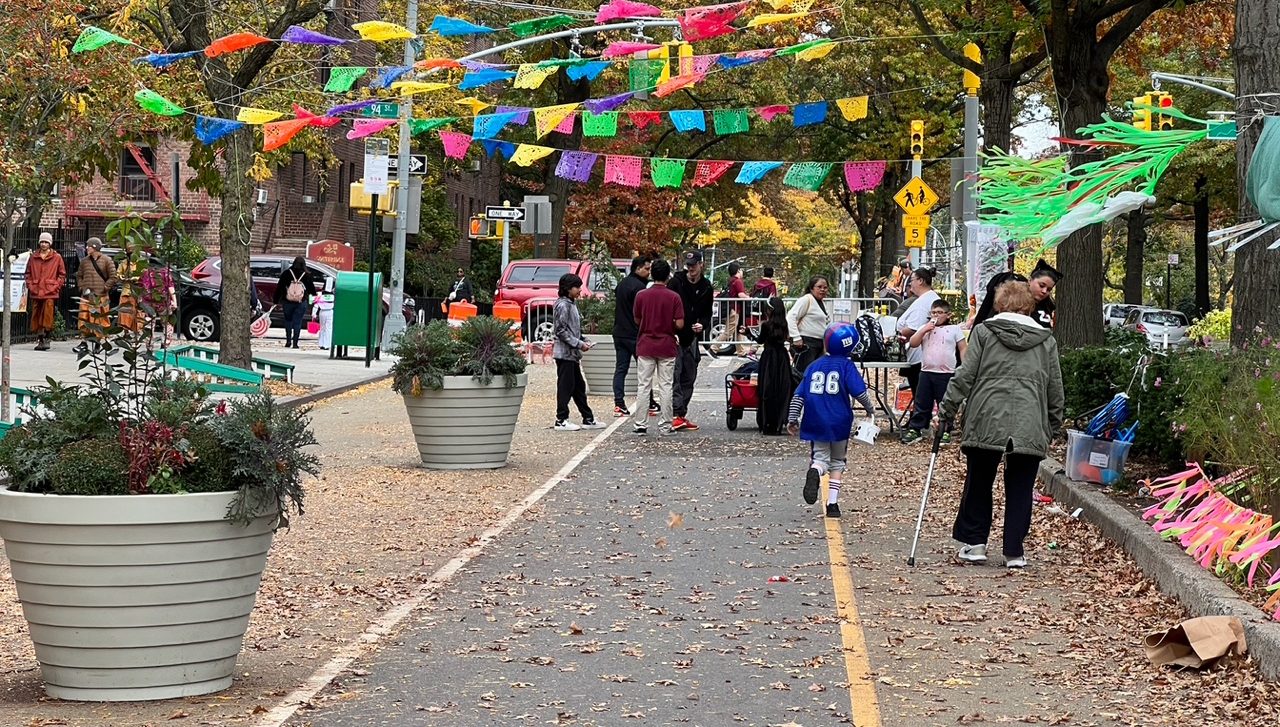The New York State Department of Motor Vehicles faces a critical test on January 6 at 9 a.m.: Can the agency provide meaningful oversight and consequences for reckless drivers?
That morning, Ahmad Abu-Zayedeh, the driver who struck and killed 3-year-old Allie Liao and traumatized her grandmother, is scheduled to appear for a DMV safety hearing. [Disclosure: My firm, the Law Office of Vaccaro and White, represents the Liao family in civil litigation.] At the hearing, Abu-Zayedeh will be questioned under oath by a DMV administrative law judge, and confronted with evidence establishing his recklessness in striking Allie and her grandmother. A high-definition video recording fortuitously made from close range conclusively establishes that Abu-Zayedeh recklessly violated his victims’ right of way:
The case is important for many reasons. Most fundamentally, the Abu-Zayedeh hearing occurs in the opaque near-vacuum of regulatory oversight for killer drivers who avoid criminal charges. Abu-Zayedeh tested positive for alcohol on a chemical test after the fatal crash, but the reading was less than that needed to establish intoxication as a matter of law. Because he didn’t meet this intoxication threshold, and because he was duly licensed and stayed at the scene, Abu-Zayedeh received the usual automatic pass from the criminal justice system.
It is DMV’s job to regulate and penalize recklessness that never reaches the criminal courts, like the act that killed Allie Liao. To do this, DMV adjudicates traffic tickets and holds "safety hearings." But in adjudicating the traffic tickets issued to Abu-Zayedeh, the DMV did not review the video evidence of his recklessness and dismissed the tickets after a hearing lasting less than one minute. Allie's grandmother and family were not notified of and therefore could not attend the hearing to give evidence.
If Abu-Zayedeh is going to face any official consequences for killing Allie and injuring her grandmother, it will be as a result of the January 6 DMV safety hearing. But there are reasons to be concerned that for a third time, Abu-Zayedeh will drive away from the horrific harm he caused:
- I’ve seen several drivers who admitted to lawbreaking while striking and killing a person at a safety hearing walk away without a penalty.
- The conduct of safety hearings is informal and can favor drivers.
- DMV announced the hearing under public pressure, months after the one-year deadline for holding the hearing had elapsed.
- DMV curiously set the hearing at an inaccessible location, despite DMV offices much closer to the location of the crash and the homes of the driver and the crash survivors.
There are also reasons to be hopeful. We are told that, contrary to DMV's customary practice, the police officers who investigated the crash have been notified and will be permitted to present evidence (including, presumably, the videotape) at the hearing. We are also told that Allie's grandmother will be permitted to attend and, through a translator, give testimony of the crash.
The most important reason to expect significant consequences is the strength of the evidence against the driver, and extensive public attention paid to this case. Press and advocates will be present at the hearing. DMV knows that the result of the hearing will be widely reported. The hearing has the potential to mark a turning point in DMV's mediocre performance as default regulator for reckless drivers who kill.
I encourage everyone who cares about street justice to attend and show your support at the 9:00 a.m. DMV hearing and at a vigil at 6:30 that evening at the intersection where Allie was killed.
Steve Vaccaro is an attorney with the Law Office of Vaccaro & White.






